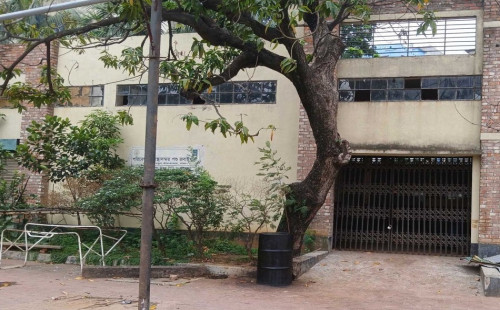Capping audit fees risks weakening oversight

Bangladesh's banking sector is fragile, strained by
non-performing loans (NPLs), poor governance, weak regulations and a trail of
scandals. At a time when public trust in banks is thin, the role of auditors as
the last line of defence has never been more critical. Yet auditors have often
failed to deliver robust scrutiny, not least because statutory audit fees have
traditionally been set too low to support meaningful oversight.
It is in this environment that the Financial Reporting Council (FRC), the
country's audit watchdog, has moved to set both floors and ceilings on
statutory audit fees for banks. The new ranges are linked to a bank's total
assets or risk-weighted assets. Fees are calculated using the hourly rates of
audit team members, but capped by a maximum number of hours permitted for each
category of bank.
The intention may be to standardise costs and promote fairness.
But in practice, the rigid framework risks limiting auditors' ability to
respond to complex exposures. By constraining what auditors can charge and how
much time they can allocate, the FRC has raised concerns about whether
statutory audits can remain sufficiently rigorous. In a sector plagued by
corruption and past audit failures, the cap could weaken oversight and erode
trust further.
The
problem is more acute because the scope of bank audits in Bangladesh is already
far wider than in many jurisdictions. The Bangladesh Bank, the prime regulator,
expects auditors to examine not only the annual financial statements but also
areas such as irregularities in cash incentive claims, over and under-invoicing
in trade, compliance with anti-money laundering rules, outward remittances, and
withholding tax obligations. These tasks demand forensic expertise,
sector-specific knowledge and significant investigative effort.
Imposing a ceiling on fees while widening responsibilities risks forcing audit
firms to stretch limited resources. If auditors cannot dedicate the required
time and staff, the quality of scrutiny will inevitably suffer. The cap on
hours reinforces the worry that auditors will be unable to exercise their
judgment freely or allocate sufficient effort to safeguard independence and
thoroughness.
Looking
abroad highlights the risks of this approach. In India, the Reserve Bank sets
only minimum fee schedules, designed to prevent a race to the bottom and to
protect audit quality. Regulators in Europe and the United Kingdom take a
different tack: they restrict the proportion of fees that can come from
non-audit services to preserve independence, but they do not cap statutory
audit fees themselves. The common thread is that the priority lies in
protecting quality, transparency and accountability rather than squeezing
costs.
The
initiative by the FRC, though well-meaning, could send the wrong message. A
ceiling on statutory audit fees and hours may appear to save money, but it
risks leaving the banking system even more vulnerable. Bangladesh would be
better served by strengthening the floor -- guaranteeing fair remuneration,
ensuring transparent disclosure of audit scope and hours, and demanding
accountability from audit firms when quality is compromised.
Ultimately, confidence in the financial system cannot be rebuilt through
tighter fee caps. It depends on stronger enforcement, credible oversight, and a
commitment to making audits more effective. The stakes are high. If audit
quality declines further, so too will public trust in a sector that is already
on shaky ground.
The writer is partner
of Rahman Rahman Huq Chartered Accountants (KPMG in Bangladesh) and vice
president of the Institute of Chartered Accountants of Bangladesh (ICAB)
















